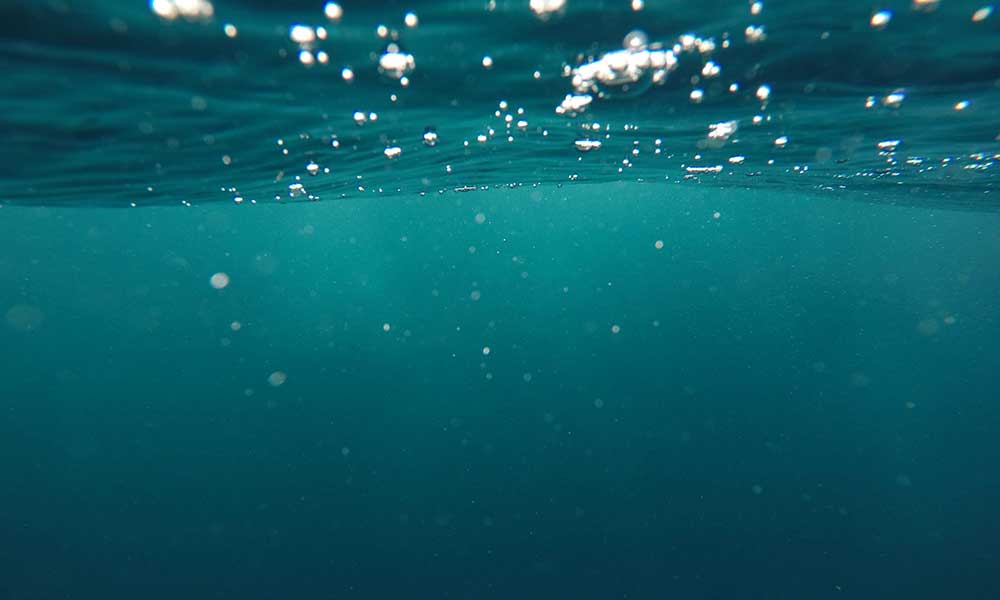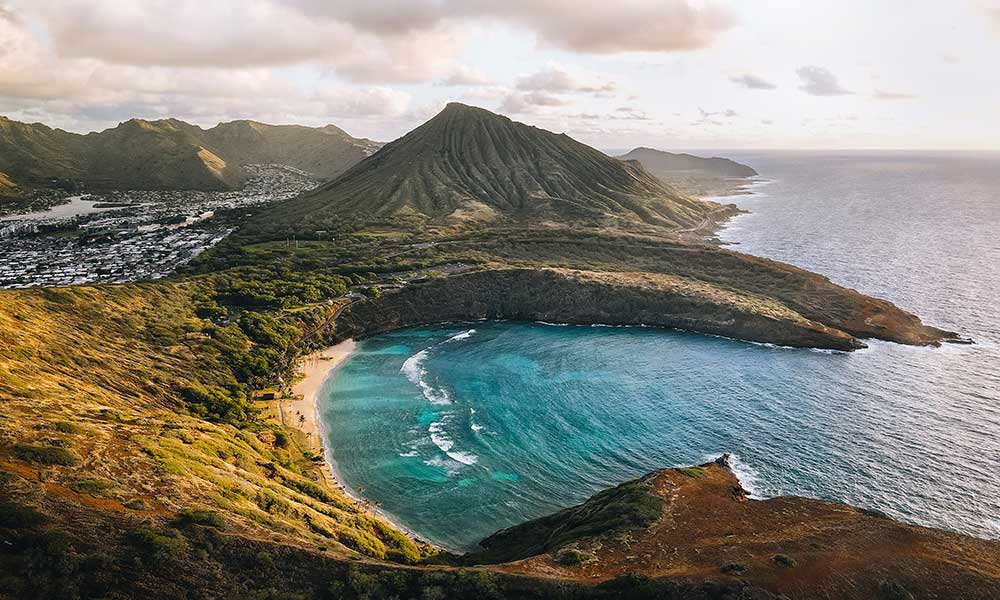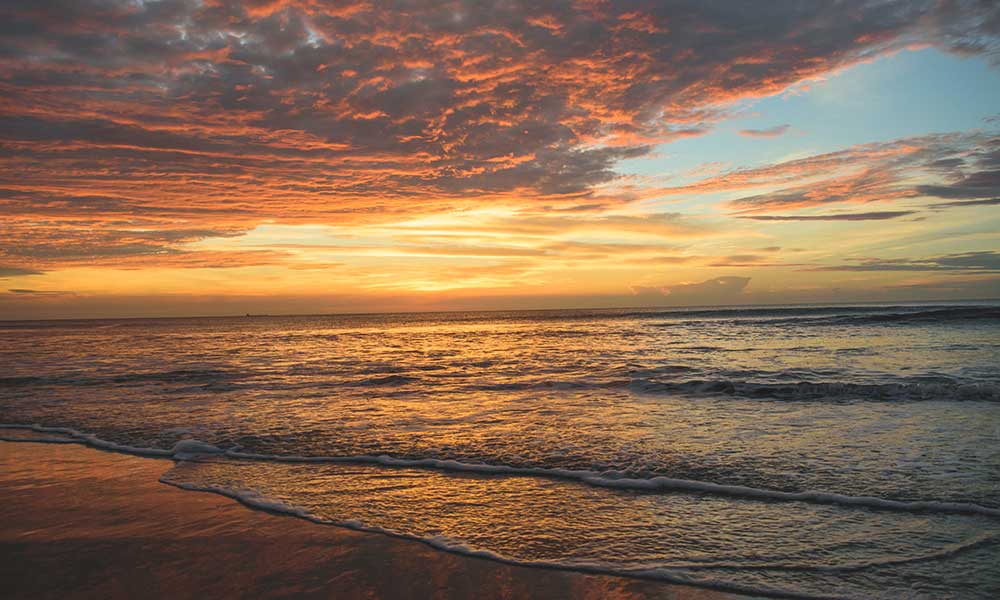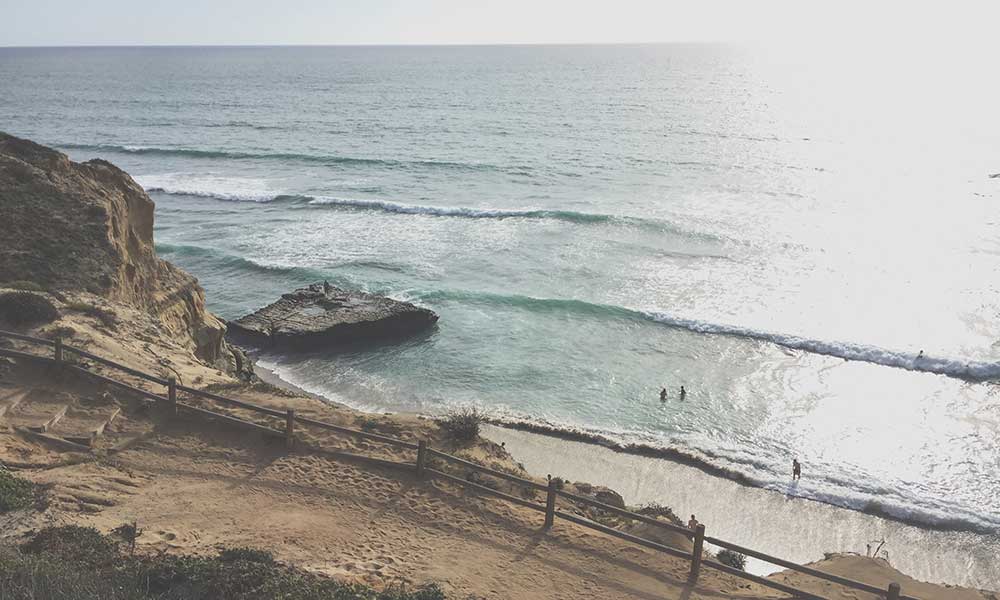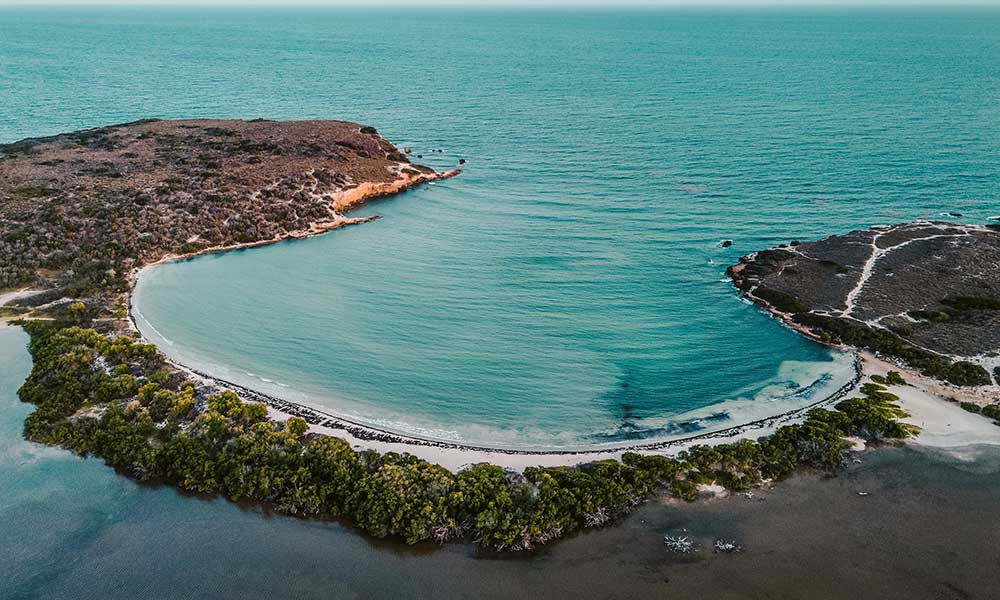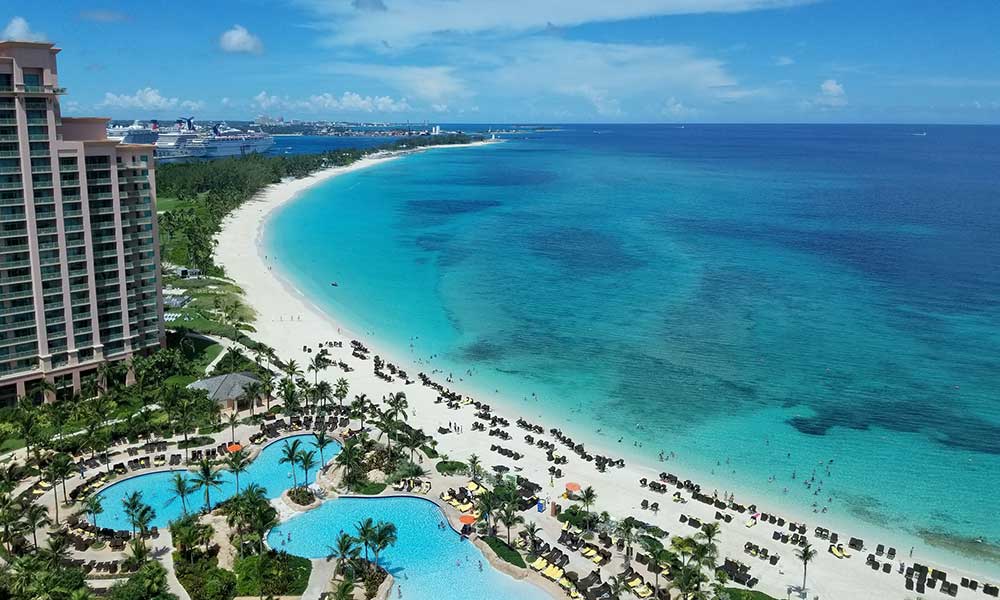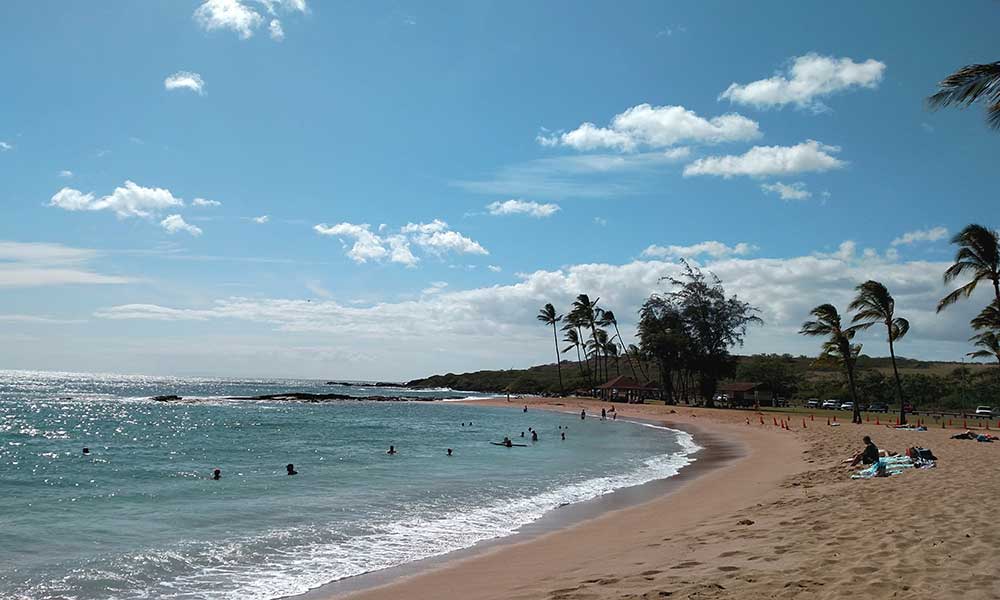Snorkeling seems like a relatively safe activity when compared to free diving and SCUBA diving. And it is. But that doesn’t mean it’s completely safe.
In fact, hundreds of people drown every year while snorkeling and dozens of these are fatal.
Has Anyone Ever Died From Snorkeling?
According to the Hawaii Health Department, there are an average of 21 snorkeling deaths every year on the islands.
An analysis of water-related deaths in Australia found that there were 140 snorkeling fatalities over a 12-year period, and there have also been a number of snorkeling deaths in popular locations like Indonesia, the Caribbean, and the Philippines.
We couldn’t find a global figure, but based on these figures, it’s safe to assume that there are dozens of snorkeling deaths every year all over the world.
Can You Drown When Snorkeling?
Just because you’re in shallow water and staying close to the surface doesn’t mean there is no risk of serious injury or death. You can drown and you can die, but the risks are low.
The numbers mentioned above can be misleading, and when you consider that just 10 people die from shark attacks every year, they can seem incredibly high. But there are thought to be over 27 million snorkelers worldwide and many of these make multiple trips every year.
In that context, snorkel-related deaths don’t seem as common.
How Do People Drown When Snorkeling?
The risk of dying from snorkeling is very low, but it’s higher in snorkelers who aren’t adequately prepared and don’t have the skills, knowledge, or equipment needed to stay safe.
Here are the most common risk factors associated with snorkeling fatalities.
Pre-existing Medical Conditions
Many recorded snorkeling deaths involve a pre-existing medical condition, with heart conditions being the most common.
The snorkeler isn’t always aware of this issue before they get in the water and even if they eventually get medical attention, it might be too late.
Can’t Swim
You technically don’t need to be a strong swimmer to snorkel, but it helps.
A strong swimming ability will decrease the likelihood of drowning while snorkeling, so improve your skills before you get in the water.
Don’t Have a Friend Nearby
The buddy system is very important when snorkeling.
If a friend is nearby, they can sense when you’re in trouble and ensure you get help.
Avoid snorkeling alone, even if you’re relatively confident in your abilities.
Panic
Panic can lead to shallow breathing and exhaustion, as well as a loss of control.
Inexperienced snorkelers are more prone to panic than experienced snorkelers, and it usually takes hold when they have an issue with their equipment or get spooked by marine life.
Try to remain calm, as panicking too much could deplete your oxygen and lead to a costly mistake.
Shallow Water Blackouts
A shallow water blackout is when the snorkeler blacks out from a lack of oxygen. It is triggered by breath-hold diving and is more common in young males who think they have something to prove and are more likely to take risks.
Poor Supervision
Although a snorkeling buddy can help to keep you safe, your friend could easily be distracted or may encounter issues of their own.
If you’re a novice or intermediate snorkeler, it’s important to have professional supervision.
Aren’t Using a Flotation Device
A proper flotation device will help in the event of panic and exhaustion.
A Lack of Experience
Most fatal drownings occur in inexperienced snorkelers. Not only are they more prone to making mistakes and forgetting essential snorkel equipment, but they are also less likely to react calmly and properly during an emergency situation.
Heavy Waves and Strong Currents
Heavy waves and strong currents are very dangerous for snorkelers and could cause them to inhale water, remain under the surface, or become exhausted.
Exhaustion
If a snorkeler is exhausted, they may struggle to stay afloat. Their head dips under, they can’t catch their breath, and eventually, they drown.
Such issues are more common in unsupervised snorkeling.
Boat Accident
Boats in snorkeling areas are very dangerous. If the snorkeler doesn’t see them or can’t get out of the way, they may collide with the vessel and suffer a serious and potentially fatal injury.
How Long Can You Stay Underwater With a Snorkel?
It’s recommended that you don’t spend more than 2 minutes underwater while wearing a full face snorkel mask. There are masks and gadgets that can prolong this, but it’s best to err on the side of caution and keep those underwater spells brief.
How to Stay Safe on a Snorkeling Trip
To avoid any serious accidents and issues during your next snorkeling trip, follow these tips:
Get Checked Over
If you have any heart or lung problems, consult a healthcare provider before getting in the water. If you suspect that you might have an issue or you’re concerned about your fitness levels, get checked over.
Always Snorkel with a Buddy
Take your buddy snorkeling with you, as research suggests that the vast majority of fatal drownings occur when the victim is alone.
Improve Your Swimming Ability
It never hurts to be a better swimmer, and the more you improve, the fewer problems you’ll have in the water.
Wear a Flotation Device
Purchase a flotation device like a snorkel vest and wear it at all times. The vest stays uninflated until you need it, at which point it could save your life.
Don’t Snorkel Tired
Sleepy snorkelers eventually drown. Fatigued snorkelers are more likely to make mistakes. If you’re very tired or hungover, leave the snorkeling for another day.
Buy the Right Equipment and Learn How to Use it
If you’re buying snorkeling equipment for the first time, test it out in a swimming pool before hitting the open ocean.
Make sure full face snorkel masks are comfortable and fit snugly, and keep an eye out for fogging.
If you’re using old snorkel gear, scrutinize it before your trip to confirm it’s in full working order.
Don’t Get Distracted
If you’re admiring the marine life or just enjoying yourself in the warm water, it’s easy to get distracted, but doing so could put you and your buddy in danger.
You could get pulled along by a current and find yourself away from safety, so always be aware and pay attention to how far you have traveled.
Take Breaks, Drink Water
If you’re planning a long snorkeling session, schedule plenty of breaks and drink lots of water. It’s important to stay hydrated and fresh, as exhaustion and dehydration could leave you weak and unable to combat strong waves and currents.

